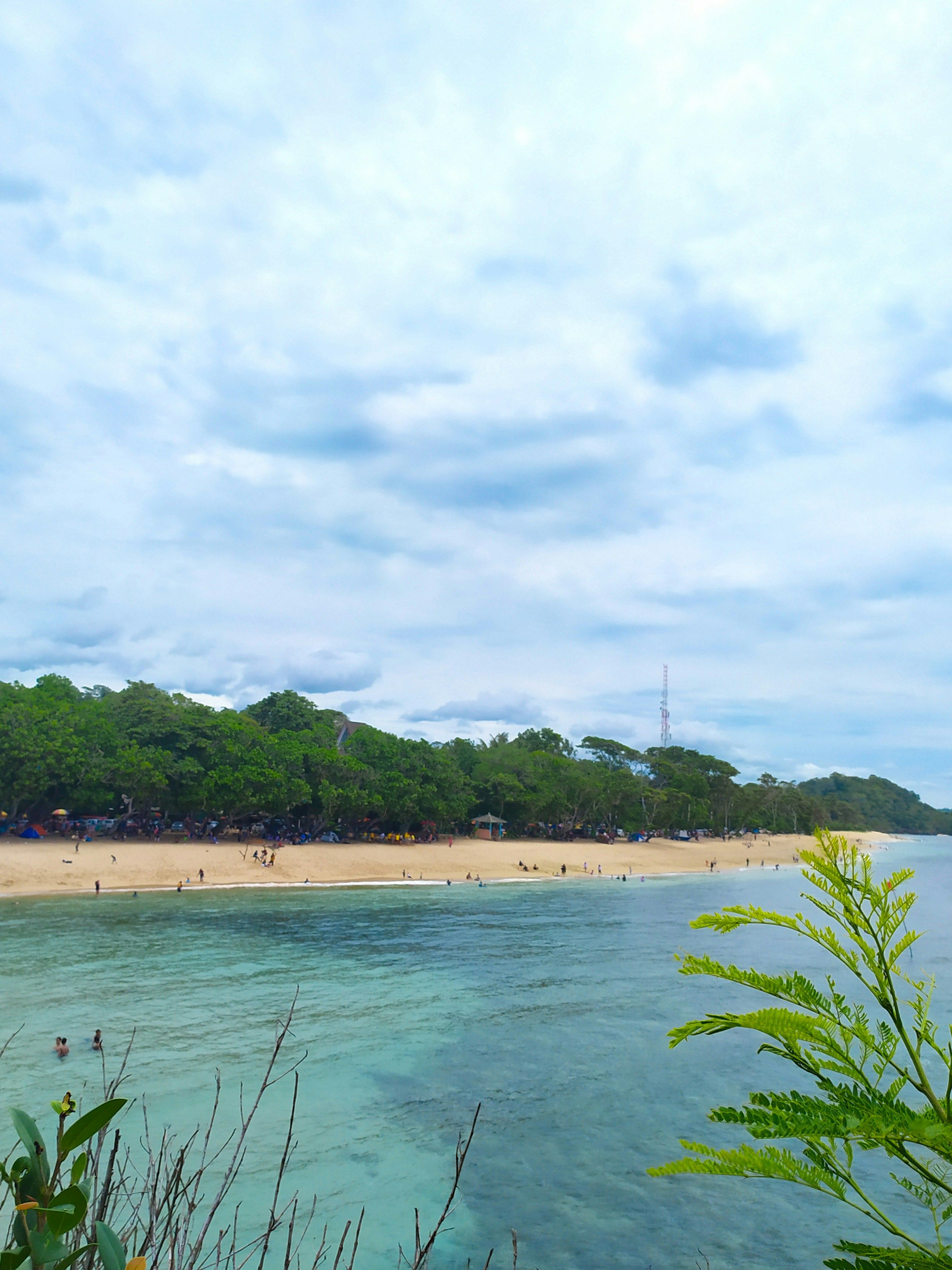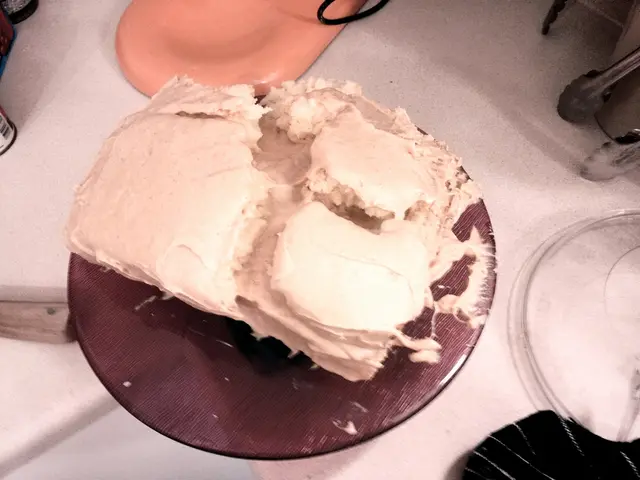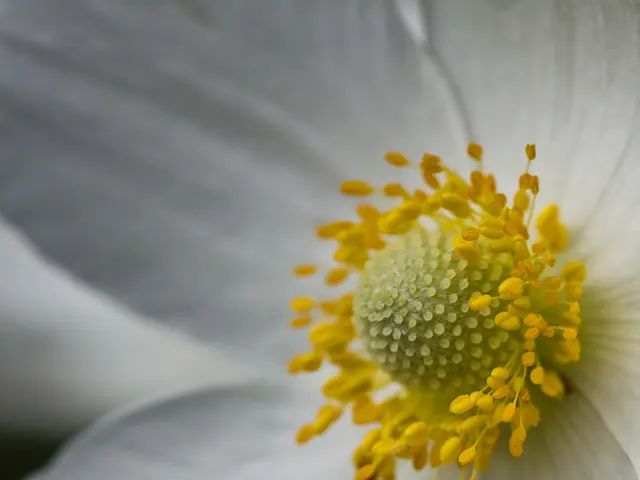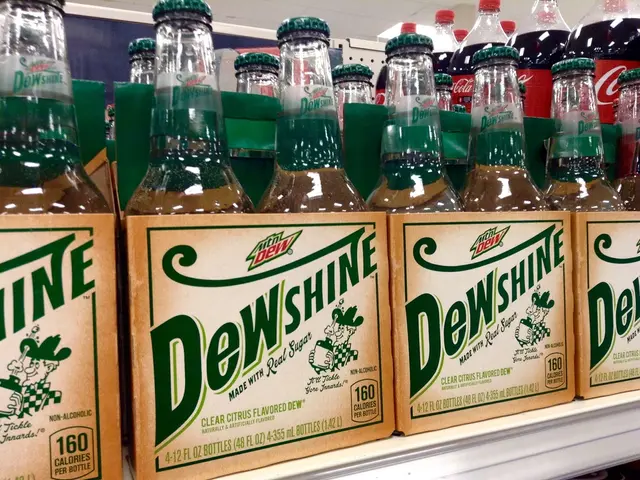Severe Rosacea Outburst: Understanding Causes, Symptoms, and Management Strategies
Get the Scoop on Rosacea Fulminans:
Rosacea fulminans is a harsh, swift-acting inflammatory skin condition, most commonly affecting the central facial region, including the chin, cheeks, and nose. You might know it as pyoderma faciale, but it's not your average rosacea or acne breakout. Instead, it's a more intense, fast-developing reaction responsible for causing painful, swollen nodules and pimples that can merge.
Research remains unclear on the precise origins of rosacea fulminans, but a 2020 review suggests a possible connection to inflammatory bowel disease and pregnancy. Interestingly, it appears that those who previously experienced any form of rosacea may be more prone to developing this aggressive variant.
Stress, hormonal fluctuations, and certain medications could initiate or worsen rosacea fulminans. Furthermore, a 2021 literature review indicates that potential dietary triggers for rosacea symptoms might apply to rosacea fulminans, too. Possible dietary culprits that may impact rosacea sufferers include spicy foods, alcohol, tomatoes, citrus fruits, aged cheese, processed meats, wine, histamine-rich beverages, and even hot drinks. Importantly, it's essential to note that dietary triggers are not exclusively tied to rosacea fulminans but may be universal among rosacea patients.
The symptoms of rosacea fulminans generally involve intense redness, inflammation, painful pustules, papules, and nodules. Ocular symptoms, such as dry, burning, or itchy eyes and light sensitivity might occur as well. Rare systemic symptoms—fever and fatigue—are less common.
Treatment for rosacea fulminans might involve oral isotretinoin, corticosteroids, and/or lifestyle modifications like stress management, dietary adjustments, and using gentle skincare products on the face. In some cases, a combination of antibiotics, corticosteroids, and lifestyle changes may be needed to address the symptoms effectively.
Individuals should consult a dermatologist or healthcare provider if they experience symptoms beyond typical rosacea or acne, including large, tender nodules, abscesses, significant facial discomfort, sudden onset of symptoms, persisting or worsening symptoms despite trying over-the-counter treatments, eye irritation or inflammation, systemic symptoms like fever, or if they notice any potential complications like scaring and infections. In short, prompt medical attention can help manage rosacea fulminans more efficiently and reduce the risk of harmful consequences.
In summary, rosacea fulminans is a rare, severe skin disorder that primarily targets the central face. It manifests with intense, localized symptoms like redness, inflammation, painful nodules or pimples, and is more prevalent in females, although its exact cause remains a mystery. Treatment typically involves corticosteroids, isotretinoin, and stress management strategies, with lifestyle changes playing an essential role in symptom management as well. If you're battling symptoms suggestive of rosacea fulminans, prompt consultation with a healthcare professional is highly recommended for appropriate diagnosis, timely treatment, and improved quality of life.
Enrichment Data:Rosacea fulminans, while not specifically linked to diet, shares some potential dietary triggers with regular rosacea. For rosacea sufferers, spicy foods, alcohol, hot beverages are known culprits that may exacerbate symptoms. It's essential to consult a dermatologist for personalized advice on managing rosacea fulminans and potential dietary triggers[1][4].
- Understanding rosacea fulminans involves recognizing that while it's not directly diet-linked, it may share triggers like spicy foods, alcohol, and hot beverages with regular rosacea.
- Consulting a dermatologist is key for rosacea fulminans patients seeking advice on managing potential dietary triggers, as personalized approaches are crucial for symptom management.
- In terms of skin care, using gentle products is vital for managing symptoms of rosacea fulminans, as harsh skincare products can further exacerbate the condition.
- Beyond medical treatments, lifestyle measures like stress management and dietary adjustments can play a significant role in managing symptoms and improving overall health and wellness for those dealing with chronic diseases like rosacea fulminans.








